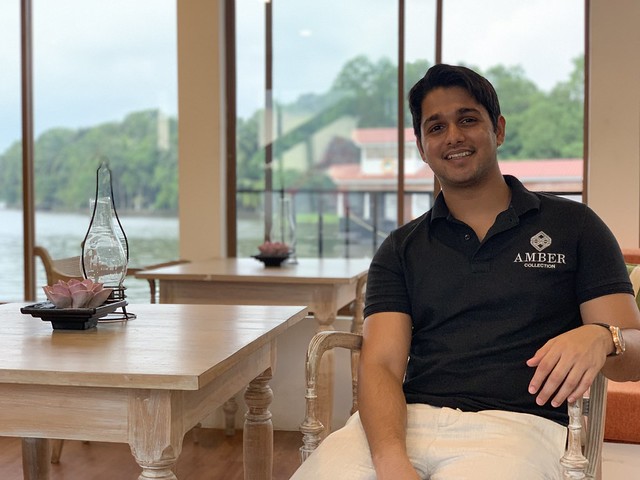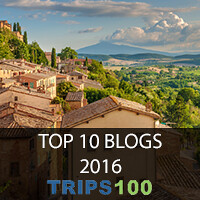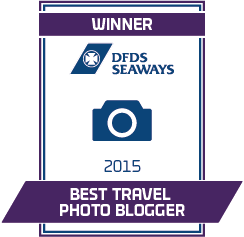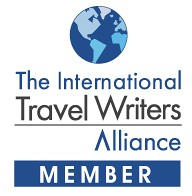Demi Perera interviews Sri Lanka independent hotelier Mustafa Najmudeen.
Sri Lanka suffered a devastating terrorist attack on Easter Sunday. Over 250 lives were lost and hundreds more injured. As ever, ripples were felt further beyond. 34 countries issued travel advisories against all but essential travel in the days that followed. Tourism which employs over half a million Sri Lankans took a severe hit. However, a month on from the incident China, India, Sweden and Switzerland have relaxed the bans to a lowered threat level. Many on the island see this as a step towards recovery. I caught up with young entrepreneur and independent hotelier Mustafa Najmudeen to find out how confident he felt about the future of Sri Lanka’s tourism industry.
What attracted you to luxury hospitality?
Firstly, my love of travel. Secondly, I come from a business background. Thirdly, I also wanted to become an architect. So I found something that I could do all of that in. While I was studying in the UK my dad was involved in the construction of Palmstone Retreat. Whenever I came back I’d join him on site. That was my initiation. After I graduated I joined the family business which had just branched out into hospitality with the launch of The Marina. It took off from there.
What are the types of properties in your portfolio?
Our portfolio consists of three properties. Two of which fall under the Amber Collection: Flow – the luxury river cruise experience and The Marina – a lakeside day club. Palmstone Retreat is a boutique hotel hidden in a rainforest.
What distinguishes your properties from countless others and makes them special?
When it came to our products we opted for organic and experiential builds with an emphasis on location. The experiential aspects, adventure and discovery are key components. We try to put our guests in touch with the locality. Flow, for example, is a first in Sri Lanka. There are no other luxury river cruises on the island. It’s on Bolgoda Lake, 45 minutes south of Colombo. The lake is a hidden gems which is untapped even by Sri Lankans. It’s also conveniently located on the traditional tourist route so, no detour.
The Marina is a high-end day club on the shores of the same lake with a country-club ambience, exciting water sports, excursions and events. It has a heated pool, hot tubs, cabanas as well as a fine dining restaurant, coffee shop and juice bar.
Kitulgala is a village where Palmstone Retreat is. It’s at a halfway point between Kandy and the hilly tea country. Kelani River runs through it. It’s also the location of the Academy Award winning movie The Bridge on the River Kwai. The setting of Palmstone Retreat overlooks a picturesque stream and a waterfall. Each luxury chalet blends in to the surroundings with a view unique to the chalet. Palmstone is popular as a honeymoon destination due to the intense privacy it offers.
The common thread through our properties is that they are all off the beaten path and we employ local staff who have grown up around the hotels. They have immense knowledge of the area that our guests always appreciate.
Following on from Easter Sunday what’s been the immediate effect on tourism?
The Easter Sunday bombings were shocking and unexpected as you can imagine and especially the source being an international organisation with its roots away from Sri Lanka. The immediate aftermath has been terrible. Hotel occupancies have dropped to record lows and left the industry barely above water. This tragedy has led to a severe downturn in tourism. Our beaches, restaurants and shops are empty.
How has the tourism industry responded?
See, the tourism industry in Sri Lanka has always remained strong through several challenging periods. The long civil war and the tsunami being examples. As a whole the industry is united in the face of this tragedy. Intelligence services working with the security forces have eliminated any remnants of a threat. The government has confirmed that security has been restored. We’re also studying success stories of other countries that recovered from similar attacks and determined not to let this de-rail the hard work we have put in to get where we are.
We are focused on working with foreign governments to lift travel bans. With that in mind Sri Lanka Tourism will participate in 25 travel shows and 18 road shows globally.
We know that it had a huge impact with the loss of lives and devastated communities. How has this impacted those employed in tourism?
Tourism is one of Sri Lanka’s largest foreign exchange earners accounting for 4.9% of the GDP. Last year 2.3 million tourists generated $4.4 billion in revenue. Up almost 12% from 2017. Around half a million Sri Lankans depend directly on tourism while 2 million depend on it indirectly. It’s recognised as the largest voluntary transfer from rich to poor. Since the attacks many hotels have closed altogether. Lots have let go of casual and part time staff to stay afloat. Even though the immediate impact is felt by airlines, hotels, restaurants and retail the hardest hit will be the poorer communities. Tourism has a strong relationship with small and medium enterprises. It’s also lucrative channel for the self-employed. What is happening now is the loss of income is creeping to the fishermen, farmers, local guides and tuk tuk drivers; many of whom are breadwinners.
Right now in our properties we are supporting each other and have retained all our staff as we ride out this storm together.
Is it safe to visit Sri Lanka right now? When do you think it will be completely back to what we have seen recently?
The police, tourism police and security forces together are implementing a comprehensive security plan to deliver safety across the island. A security briefing was held on 22nd April for hotel owners and operators on the new safety measures being rolled out and to seek their cooperation in strengthening security at hotels and resorts. There are no road closures or restrictions on movement anywhere. Sri Lankan citizens have returned to their daily lives.
The time that it takes destinations to recover from these shocks has significantly decreased over the past 15 years. It took New York 34 months to recover from 9/11 compared to the 12 months Madrid needed to recover from the 2003 train bombs. The World Travel and Tourism Council pegs a 13-month recovery as the average time needed for affected capital cities to return to prior levels of tourism. The majority consensus in Sri Lanka is that it will take 12-18 months to bounce back. Our world famous tourist sites, hotels, resorts and attractions of course remain open.
As a young entrepreneur how optimistic are you about the future of your industry?
Very optimistic. Having enjoyed 10 years of peace the atmosphere in the country was relaxed. Tourism was poised for exponential growth. As a country Sri Lanka is blessed with incredible natural beauty. It was just coming in to its own. The whole industry was falling in to this groove. We are still rife with energy and primed to showcase all that Sri Lanka has to offer.
Tourism in Sri Lanka has had around USD10 billion in investments since 2009. During the first eight months of last year the Sri Lanka Tourism Development Authority received proposals for 100 new hotel projects with an investment value of USD 830 million. These still stand as far as I know. So, things are looking pretty good.
When is the best time to visit Sri Lanka and your properties in particular given their settings?
Sri- Lanka tourism has two seasons. The busiest and most popular is the west coast season from October to March. This is when the beaches of the south coast are in full swing. The east coast season is from May to September. This side of the island is popular for surfing and snorkelling beaches in Aruagam Bay, Trincomalee and Passikudah.
July and August are popular due to the Esala Perehaara or the Festival of The Tooth in Kandy. Due to the location of our properties they can be visited all year round and are relatively unaffected by seasons.
What is the message from you to the rest of the world?
Now that countries including China and Switzerland have reduced the threat level please consider visiting Sri Lanka in the near future.
For more information on Amber Collection and Palmstone Retreat visit theambercollection.com.

























Pingback: Interview: Independent hotelier Mustafa Najmudeen on recovery of Sri Lanka’s tourism industry - Girl Travels World